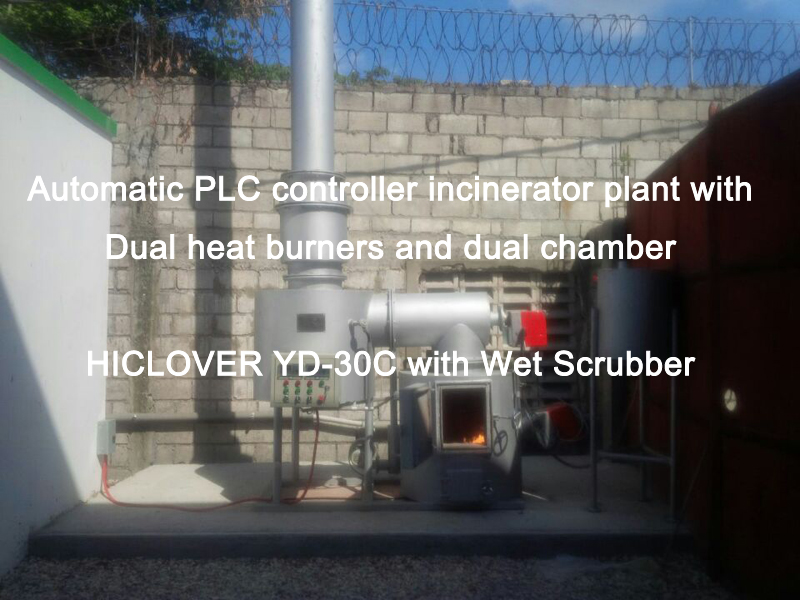Proper medical waste management and disposal are crucial for the safety and well-being of healthcare workers, patients, and the general public. Medical waste, also known as biohazardous waste, includes materials such as used needles, syringes, gauze, bandages, and other items that have been contaminated with blood or other bodily fluids. Improper handling and disposal of medical waste can have serious health and environmental consequences.
One of the primary reasons for the importance of proper medical waste management and disposal is the risk of infection and disease transmission. Healthcare workers who come into contact with contaminated medical waste are at risk of contracting bloodborne diseases such as HIV/AIDS, hepatitis B, and hepatitis C. These diseases can also be transmitted to patients if contaminated medical waste is not properly disposed of. Additionally, improper disposal of medical waste can lead to the spread of infectious diseases in the community, posing a risk to public health.
Another important reason for proper medical waste management is the protection of the environment. Medical waste contains harmful pathogens and chemicals that can pollute the environment if not disposed of properly. For example, improper disposal of medical waste can lead to contamination of water sources and soil, which can have detrimental effects on plant and animal life. It is essential to handle medical waste in a way that minimizes its impact on the environment and prevents contamination of natural resources.
Proper medical waste management and disposal also play a role in regulatory compliance. There are strict regulations and guidelines in place to ensure the safe handling and disposal of medical waste. Healthcare facilities are required to follow these regulations to prevent the spread of disease and protect the environment. Failure to comply with these regulations can result in fines, legal consequences, and damage to the facility’s reputation.
In addition to the health and environmental implications, proper medical waste management also contributes to a positive public image for healthcare facilities. Patients and the public expect healthcare facilities to prioritize safety and responsibility in the handling and disposal of medical waste. By demonstrating a commitment to proper waste management, healthcare facilities can build trust with patients and the community.
To ensure proper medical waste management and disposal, healthcare facilities must have sound waste management practices in place. This includes the segregation, packaging, and labeling of medical waste, as well as the use of appropriate containers and storage facilities. Proper training and education of healthcare staff on the safe handling and disposal of medical waste are also essential.
Moreover, the use of professional medical waste disposal services is highly recommended. These services specialize in the collection, transportation, treatment, and final disposal of medical waste in compliance with regulatory standards. By outsourcing medical waste disposal to these professionals, healthcare facilities can ensure that their waste is handled safely and responsibly.
In conclusion, proper medical waste management and disposal are critical for the protection of healthcare workers, patients, the public, and the environment. It is essential for healthcare facilities to prioritize safe handling and disposal of medical waste to prevent the spread of disease and protect natural resources. By adhering to regulatory standards and using professional waste disposal services, healthcare facilities can demonstrate their commitment to safety and responsibility in waste management.



